Overseas Field Trips
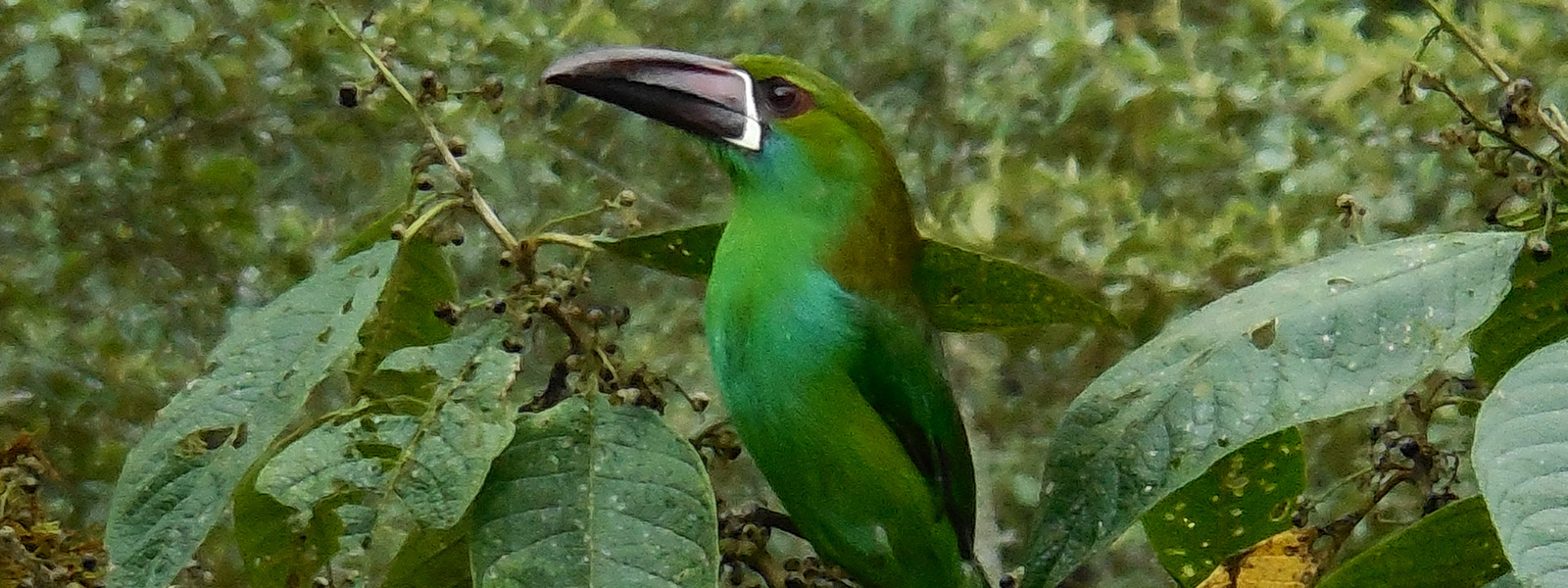
Developing Field Study Experience and Practical Skills
The Department of Life Sciences currently runs an optional field course module for undergraduate students. This provides the opportunity to do research in a novel environment and to study local plants and animals. Many of the locations visited are biodiversity hot spots with a variety of animals, birds, insects, and plants to study, providing students with the chance to experience species they may not have previously encountered. Each of the excursions offer opportunities to explore the local area and experience a new culture.
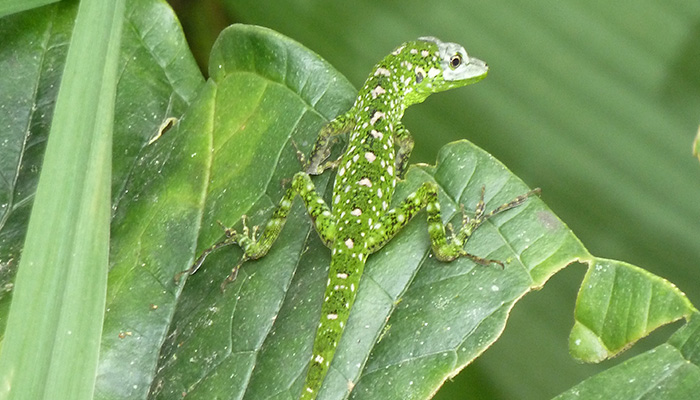 Cloud Forests, Ecuador
Cloud Forests, Ecuador
Students and staff from the Department of Life Sciences have previously visited the Cloud Forest in Ecuador as part of the final year Overseas Field Course module. During their time in Ecuador the students learnt about the history, conservation, and biology of the site based at the Santa Lucia Cloud Forest Reserve near Nanegal.
Find out More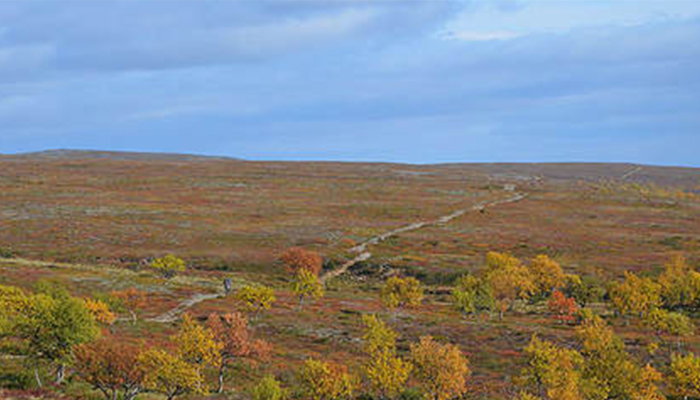 Kevo, Finland
Kevo, Finland
Students and staff from the Department of Life Sciences have previously visited the most northerly mainland field station in Europe in Kevo, Finland. During this field course student have had the opportunity to visit numerous different habitats where ecological research and conservation is being carried out including the River Teno Research station, the Varangan penisular, and a reindeer research station.
Find out More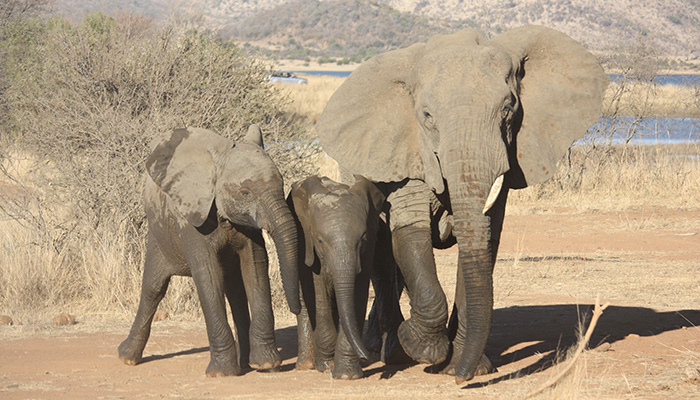 Mankwe Wildlife Reserve, South Africa
Mankwe Wildlife Reserve, South Africa
Students and staff from the Department of Life Sciences have previously had the opportunity to visit the Mankwe Wildlife reserve in South Africa as part of the final year Overseas Field Course module. During this field course students lived in the wild at Mankwe wildlife reserve and got to explore the stunning South African landscape whilst carrying out scientific research on the health, behaviour, welfare, conservation, and ecology of the wildlife in this biodiversity hotspot.
Find out More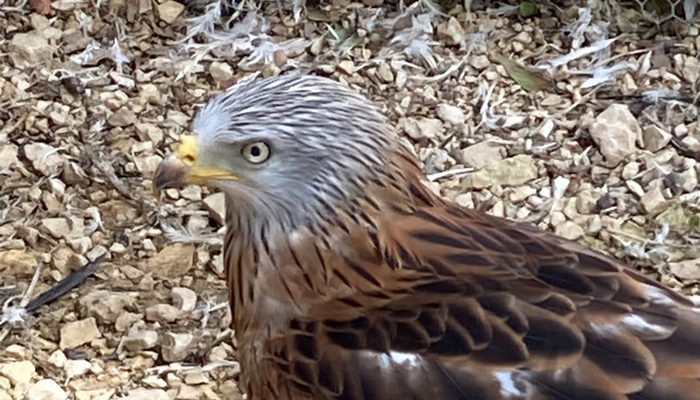 Molise, Italy
Molise, Italy
Students and staff from the Department of Life Sciences have previously visited Molise, Italy; the site is located in the Italian Central Apennines. During their time in Italy students learnt more about wildlife identification, field ecology techniques, and project design, with a special focus on field data collection.
Find out MoreField Study Experience
These field courses are an excellent opportunity to gain valuable field study experience and practical skills, which may enhance your employability and can boost your CV. Working on projects with other students and tackling challenges can enable you to develop your problem solving and transferable skills and gain confidence. Lecturers from across the Department of Life Sciences take part in the trip, providing you with an opportunity to learn from a range of experts.
Study Unusual Species
Students can learn about the ecology and conservation of the area. Before the trip students write a project proposal to develop their knowledge of the location and its wildlife. On each trip students are introduced to local flora and fauna, present a group project, complete an identification test of plants, vertebrates and invertebrates, work on an allocated project, and write a report on their project. Projects can range from ecology, animal behaviour, and plant ecology to the study of antimicrobial compounds. The trips can take place in the summer before the start of the final year of your degree. The field trips last for approximately 8-10 nights.
You can find out more about the Overseas Field Course module, and look at previous trips to Cloud Forest, Ecuador, on our blog.
Costs
Optional field trips may incur additional costs, including flights. Students may also be required to pay for overnight stays, local travel, and food close to the destination if their flights arrive the day before the team are scheduled to meet. Students may bring personal items of clothing and travel equipment, some of which may be specialised for the environment they are travelling to, and recommended medicines and travel toiletries such as anti-malaria medication, vaccinations, insect repellent and sunscreen. These costs will depend on what you choose to bring.
Ecuador Field Course
Find out more about what to expect during our overseas field trips with real footage from our field course to the Cloud Forest in Ecuador.
Discover biodiversity hot spots and carry out scientific research on the history, health, behaviour, welfare, conservation, ecology, and biology on a variety of animals, birds, insects, and plants.
Learn how you can visit some of the worlds most amazing environments while studying at the University of Lincoln.



